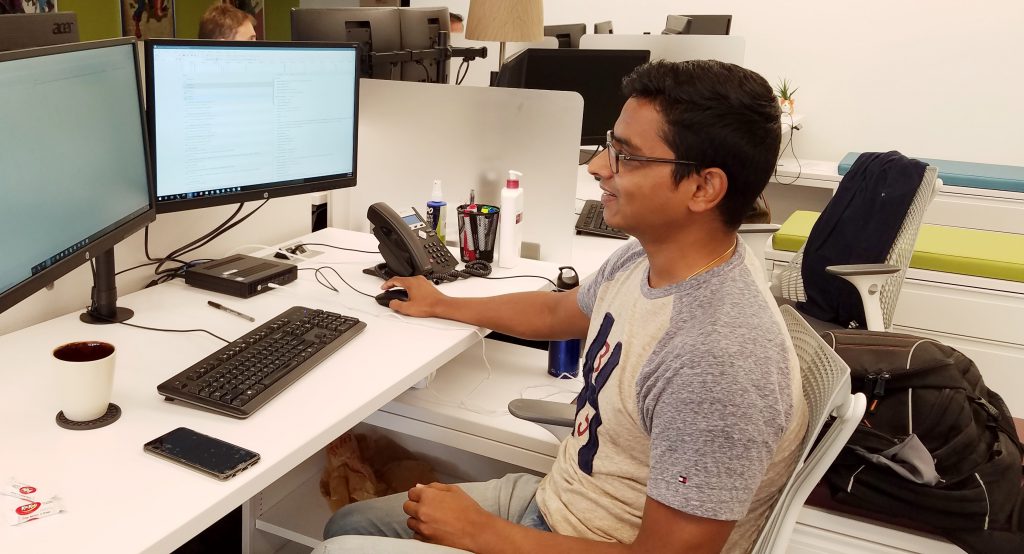This article was originally posted on crainscleveland.com by Crain Content Studio.
“You often hear, ‘it’s all about the code, silly.’ But it’s not all about the code when you have customers. When you’re interpreting a product to customers, there’s a lot more customer support required than you would think, particularly when the software is part of a solution,” said managing partner Colin Ingram.
The cross-section of infrastructure expertise and product knowledge illustrate the increasing range of job opportunities and skills needs in demand at companies such as FormFire and in the technology field in general. The evolution and sophistication of careers in technology mean that companies are getting more creative with recruiting and nurturing talent, a strategy that is essential in a growing sector that faces a persistent local talent crunch.
“We are looking beyond school qualifications when we are identifying and grooming talent in our customer success roles,” Ingram said. “Capacity, intellectual horsepower, analytical reasoning, natural curiosity and a person’s sense of logic and empathy are as important as a person’s hard-core use and understanding of technology. Customer-interfacing individuals need those qualities in order to interpret and problem-solve a customer’s need for a solution.”
At Richfield-based OEC, the profile of employees who have a solid understanding of the product and business side of tech includes business intelligence engineers, quality assurance specialists, product managers, product owners, scrum masters, and user experience and user interface designers, said Amy Jacko, senior recruiter.
“Five or six years ago, we didn’t even have a UX or UI business intelligence team,” she said. “We have a lot of openings in business intelligence,” which reflect the combination of strategy and tools needed to drive actionable insight into the needs of their customers.
OEC, which provides software to automotive and truck dealerships that facilitates the sale of original equipment parts, employs about 330 individuals in the U.S. and 1,000 worldwide. The company has been intentional about its recruitment efforts, working closely with local high schools and higher education institutions such as Baldwin Wallace University, as well as local coding boot camps to help infill the breadth of IT talent that represents 45% of its overall workforce.
OEC’s eight-month internship program also has been valuable in supplanting IT talent need. Last year, OEC hired 50% of its interns into full-time positions, an increase over the previous year when the company hired 40%.
The evolving technology landscape and spawn of new technical and customer-facing positions also has impacted the types of qualities OEC looks for in potential recruits.
